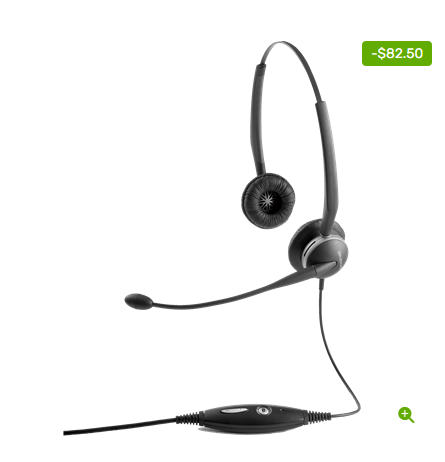Working from home isn’t going anywhere. Whether you’re a full-time remote worker, a freelancer hopping between projects, or someone whose boss says “hybrid is the future” (translation: you’re stuck with Zoom three days a week), your headset has become as essential as your laptop. But how do you choose the right one without going down the endless rabbit hole of specs and reviews?
Let’s break it down in a way that feels more human and less like a user manual.
The Trend: Remote Workers Want “Pro-Quality” Audio Without Breaking the Bank
You’ve probably noticed it yourself—home offices are no longer makeshift corners with dodgy Wi-Fi and squeaky dining chairs. People are investing in proper setups, and the headset is front and center.
A quick scroll through Reddit’s r/WorkFromHome community shows dozens of posts like “What’s the best noise-cancelling headset under $150?” or “Which wireless headset works all day without dying?” That tells you something: people want professional-grade gear, but they also don’t want to spend a fortune.
Industry research backs this up. According to a 2024 Gartner survey, 73% of hybrid workers listed audio quality as their top priority for home office tech—above even webcams. That’s a big shift from a few years ago, when most people just plugged in whatever came free with their phone.
Noise-Cancelling is No Longer a Luxury, It’s a Lifeline
Let’s be real: not all of us have a perfectly quiet home office. Kids barging in, neighbors mowing the lawn at 10 a.m., or (my personal favorite) the dog deciding it’s prime barking time during client calls.
This is where noise-cancelling technology has moved from “nice-to-have” to “must-have.” You might think it’s all hype, but user forums and Amazon reviews consistently highlight how headsets with active noise cancellation (ANC) help people stay focused in chaotic environments.
The catch? ANC drains battery life faster and can bump up the price. If you’re mostly in a quiet space, you may not need to pay for the feature. But if you’re battling background chaos daily, it’s worth the investment.
Comfort: The Feature Nobody Talks About Until It’s Too Late
Here’s the thing-audio specs might grab your attention, but comfort is what makes or breaks your day. A headset that feels like a medieval torture device after two hours is no good.
CNET’s review of work-from-home headsets points out that adjustable headbands, cushioned ear cups, and lightweight builds are the unsung heroes of long-term wear. On LinkedIn discussions, remote workers often complain more about sore ears than poor mic quality. So don’t underestimate this.
Pro tip: if possible, try before you buy. Or at least read reviews from people who’ve worn the headset for entire workdays, not just a 10-minute unboxing.
Wired vs. Wireless: The Great Debate
You might be tempted to go wireless because, well, who wants to be tethered like it’s 2005? But don’t dismiss wired headsets just yet.
-
Wireless: Freedom to move around, seamless with Bluetooth devices, but… battery anxiety is real. (Nothing says “professional” like fumbling for a charger mid-meeting.)
-
Wired: Reliable connection, no charging issues, often cheaper. Downsides? You’re literally attached to your desk.
On Quora, the consensus among IT pros seems to be: if you need mobility, go wireless; if you’re desk-bound, save money with wired. Simple as that.
Where My Understanding Might Be Limited
Now, I’ll be upfront: headset choice can be highly personal. The perfect model for someone spending 8 hours on Microsoft Teams may not be right for a gamer-turned-freelancer. And while I’ve dug through expert reviews, online discussions, and market reports, only you know your exact setup, your budget, and how picky you are about sound.
The Future of Home Office Headsets
Here’s the fun part: this trend is still evolving. We’re seeing AI-driven headsets that filter background noise more intelligently, health-tracking earphones that monitor your heart rate, and even personalized sound profiles that adapt to your hearing.
Will every remote worker care about biometric data in their headset? Maybe not. But the fact that headsets are crossing over into wellness and productivity shows how central they’ve become in our work lives.
Final Thought
Choosing the right headset isn’t just about buying tech—it’s about investing in how you show up at work. The wrong one distracts you, frustrates you, and maybe even hurts your ears. The right one makes you sound sharp, feel comfortable, and lets you forget the gear entirely so you can focus on the actual work.
And who knows? A few years from now, the conversation might shift from “Which headset cancels noise better?” to “Which headset manages my stress levels while I’m on back-to-back calls?”
Until then—choose wisely, because your ears (and your coworkers) will thank you.




